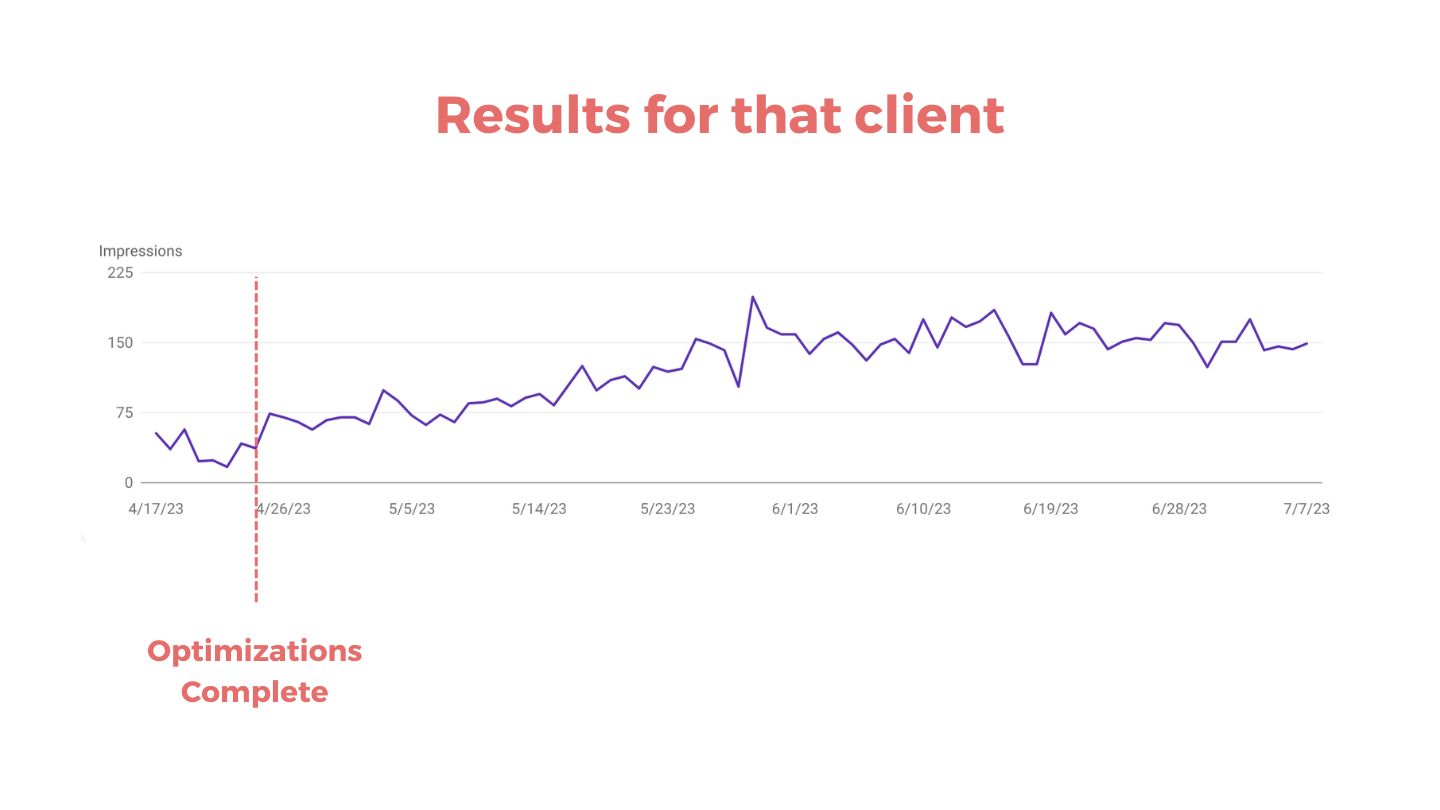Having a strong online presence is vital for small businesses looking to thrive in their local communities. With the majority of consumers turning to search engines like Google to find local services, optimizing your website for local SEO is no longer an option—it’s a necessity. However, many small businesses still fall into common pitfalls that hurt their chances of ranking higher on Google and attracting local customers. In this article, we’ll explore five of these common local SEO mistakes and provide actionable tips on how to avoid them.
Neglecting Google My Business (GMB) Optimization:
Google My Business (GMB) is a powerful tool for small businesses to enhance their online visibility in local search results. Yet, many businesses fail to optimize their GMB listing properly. And I would say that most businesses don’t even know they should be optimizing their GMB profile. This includes incomplete business information, inaccurate contact details, and outdated business hours.
“GMB Listings With Accurate and Complete Information Receive 7x More Clicks” – publer.io
To avoid this mistake, make sure that your GMB profile is fully optimized with accurate information about your business, including your address, phone number, website URL, and business hours. Additionally, regularly update your GMB listing with fresh content, such as photos, posts, and customer reviews, to improve engagement and attract more local customers.
Ignoring the Importance of Citations:
Citations are mentions of your business name, address, and phone number (NAP) on other websites, directories, and online platforms. They play a crucial role in local SEO as they signal to search engines the credibility and legitimacy of your business. However, many small businesses make the mistake of ignoring citations or having inconsistent NAP information across different online platforms. To avoid this, conduct a thorough audit of your business’s citations and ensure that your NAP information is consistent across all platforms. Claim your business listings on popular directories such as Yelp, Yellow Pages, and TripAdvisor, and regularly monitor and update your citations to maintain accuracy.
Skipping Keyword Research:
Keyword research is the foundation of any successful SEO strategy, including local SEO. Yet, many small businesses skip this crucial step, resulting in poor visibility in local search results. I would also venture to say that most businesses aren’t even aware that you can research keywords. Without proper keyword research, you may be targeting keywords that are either too competitive or irrelevant to your local audience. To avoid this mistake, invest time in conducting keyword research specific to your local market. Use tools like Ubersuggest, SEMrush, or Moz Keyword Explorer to identify relevant keywords with high search volume and low competition. Focus on long-tail keywords that include your location and specific services to attract local customers effectively.
Client example:
One of my client is a therapist and came to me using the keyphrase ‘grief therapy’. I had a hunch that more people were probably searching ‘grief counseling’. After doing keyword research, this was confirmed after we saw the data that showed that her audience was using the keyphrase ‘grief counseling’. This small tweak gets 3x as many searches.


Overlooking On-Page Optimization:
On-page optimization is another area where many small businesses miss the mark. This includes optimizing your website’s title tags, meta descriptions, headers, and content for relevant keywords and local intent. Without proper on-page optimization, your website may struggle to rank higher on Google for local search queries. To avoid this mistake, ensure that each page of your website is optimized for specific keywords related to your business and location. Include your city or region in your title tags, meta descriptions, and headers, and create locally relevant content that addresses the needs and interests of your target audience. Additionally, optimize your website for mobile devices to provide a seamless user experience for mobile users, who comprise a significant portion of local search traffic.
Not Tracking and Analyze Performance:
One of the most common mistakes small businesses make with their local SEO efforts is not tracking and analyze performance metrics. Without proper tracking and analysis, you won’t know what’s working and what’s not, making it difficult to optimize your strategy for better results.
“You can’t improve what you don’t measure.” – Peter Drucker
To avoid this mistake, use tools like Google Analytics and Google Search Console to monitor your website’s traffic, rankings, and user engagement. Pay attention to key metrics such as organic traffic, click-through rates, and conversion rates to gauge the effectiveness of your local SEO efforts. Additionally, track your GMB insights to see how customers are finding and interacting with your business online. Use this data to make informed decisions and continually refine your local SEO strategy for optimal results.
In conclusion, avoiding these common local SEO mistakes can significantly improve your small business’s chances of ranking higher on Google and attracting more local customers. By optimizing your Google My Business listing, building citations, conducting keyword research, implementing on-page optimization, and tracking performance metrics, you can enhance your online visibility and establish a strong presence in your local market. Remember, local SEO is an ongoing process, so stay proactive and adapt to changes in search engine algorithms and online audience behavior to stay ahead of the competition.
Want a bonus tip for ranking higher on Google?
Learn about setting up Google Search Console for your website and why it’s absolutely key to higher rankings.







